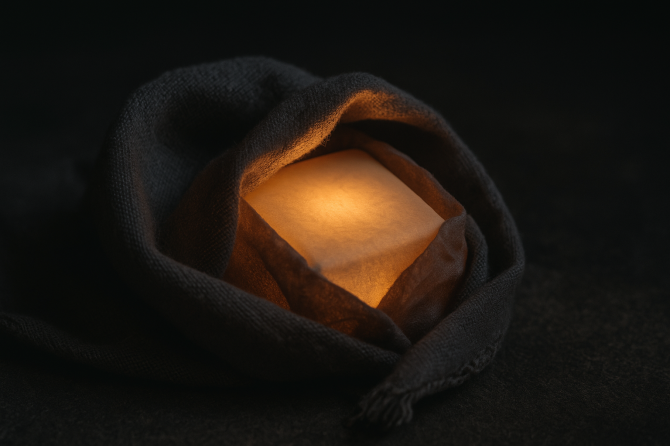
Max Littman, LCSW
October 15, 2025
Before writing this, I asked my system for permission to share about several exiles and the burdens they carry. The answer given was a gentle yes: a kind of inner nod that indicated the sharing itself could be an act of witnessing and of honoring their truth.
These exiles include those carrying the beliefs I am a loser, I am foolish, I don’t matter, and I am the hurt—as well as two who don’t hold beliefs so much as lived experiences: one who feels invaded and intruded upon and one who is a teenager lacking sexual and romantic guidance. Each of these exiles’ burdens formed around moments when an essential process was interrupted: belonging, dignity, safety, autonomy, and attunement.
When I listen to them from Self energy—especially from a stance of genuineness, non-attachment to outcome, compassion, patience, persistence, and curiosity—the rigidity of identity (“this is who I am,” “this is what the world is like”) starts to loosen. A small space opens between each exile and its burden. In that space, questions arise that bring awareness to their gifts and true identities:
- What are their gifts?
- Who are they supposed to be?
- What are they meant to contribute?
- What would happen if their innate gifts and qualities were genuinely honored, nurtured, welcomed, and valued?
What are their gifts?
The one who believes I am a loser holds an exquisite humility. He never wanted to be above anyone, only with them. His gift is egalitarianism: the capacity to see the humanity of others without hierarchy.
The part that believes I am foolish carries innocence and wonder. He wanted to play, to learn by trying. His gift is openness to surprise.
The exile who feels invaded is sublimely sensitive to energy and boundaries. He knows immediately when something enters without consent. His gift is discernment—he can sense subtle forms of intrusion that others might dismiss.
The teenager without guidance carries a thirst for mentorship, for models of love and sexual connection that are caring and safe. His gift is not just longing, but knowing when help is needed. He holds a sacred signal that points to what could have been, what still can be cultivated within, and what is needed externally to make that happen.
The exile who believes I don’t matter holds the seed of empathy. He learned early how much it hurts to be unseen by larger systems (schools, community, institutions, media), and that hurt became a vow not to let others feel that way if he could help it.
And the one who believes I am the hurt carries a profound moral sensitivity. He fears his own existence could cause harm, yet beneath that fear is a desire for integrity and for living in a way that truly lessens pain in the world.
Who are they supposed to be?
Each exile was meant to embody humility, curiosity, sensitivity, longing, empathy, and integrity. The protectors of other human beings and each of my own exile’s protectors mistook these qualities as weaknesses or liabilities. In truth, they are forms of wisdom—ways the system knows how to love and be loved.
When I sit with them as who they were meant to be, I see how easily their essence could have flourished if met with understanding rather than correction. The “loser” could have been the connector. The “foolish” one, the innovator. The “invaded” one, the boundary-keeper and intuitive. The “teenager without guidance,” a guide himself for others walking through uncertainty. The one who “doesn’t matter,” a natural attuner. The one who is “the hurt,” a healer shaped by tenderness.
What are they meant to contribute?
Each exile holds a potential, sacred contribution. Their sensitivity to what went wrong can be composted into the soil around them, nourishing their gifts and their very essence. When allowed to express themselves without their burden’s distortion, they contribute balance to the internal ecosystem—qualities that also radiate outward into relationships and community.
What would happen if their gifts and innate qualities were genuinely honored, nurtured, welcomed, and valued?
The answer is simple but vast: they would relax. They would participate. They would belong. And the system as a whole would regain a sense of coherence through inclusion.
When the “loser” is valued for humility, when the “foolish” one is encouraged to play, when the “invaded” one is trusted to name intrusion, when the “teenager without guidance” is allowed to ask questions out loud (and receive answers), when the “unimportant” one is recognized, when the “hurt” one is seen as capable of love, the internal world begins to resemble the external world they needed.
A Gift for You
The process of asking these questions from Self energy doesn’t erase burdens; it gently separates them from identity and reveals who we were born to be. Each exile becomes less a wounded identity—a loser, a fool, and so on—and more a living being returning to our true nature. I invite you to turn toward your own exiles in this way, especially when their burdens feel tightly fused with who they believe they are.
For feedback and comments, I can be reached at max@maxlittman.com.
I provide consultation and therapy for therapists.
Purchase my new book IFS Therapy for Gay and Queer Men here.
